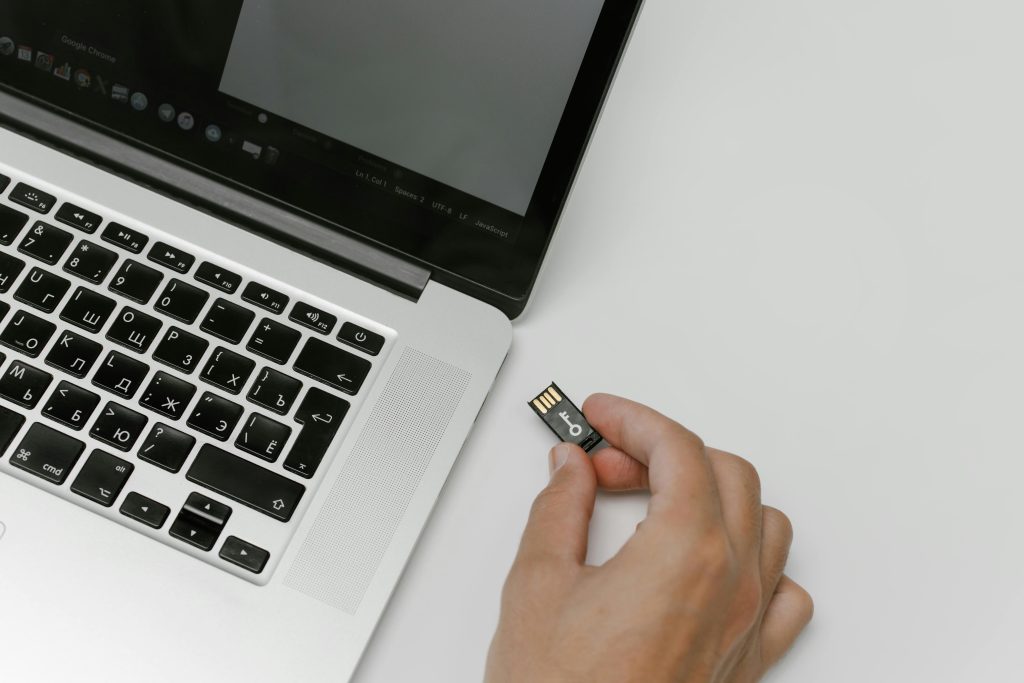Evaluating BitLocker Recovery Tools: Are They Worth Trying?
In the realm of data recovery, one question that often arises is whether to utilize BitLocker recovery tools, especially in situations where circumstances are less than ideal. Recently, I found myself grappling with a case that’s common for many: a user’s laptop, regrettably no longer in operation, with a hard drive encrypted by BitLocker—but without the recovery key to access the data.
This scenario sparks an important inquiry: Should one invest time and resources in attempting to unlock this encrypted drive with available decrypting tools? Are any of these options credible, or are they simply a gamble?
The Dilemma of Encryption
Encryption serves a critical purpose, safeguarding sensitive information. However, it can also present significant challenges in instances where access is needed but the means to unlock the data is lost. In this case, as the rightful owner of the drive, it’s understandable to seek solutions, even if the recovery key is nowhere to be found.
Assessing Decrypting Tools
When it comes to third-party decrypting tools, they vary widely in legitimacy and effectiveness. While some claim to have success in recovering data from encrypted drives, many do not have the authorization to bypass encryption, leaving users with little to show for their time and effort.
If one chooses to explore this route, due diligence becomes paramount. It is crucial to research tools that have reliable reviews and a proven track record. Some options may be more reputable than others, so user experiences and expert opinions can provide insight into the most effective choices.
Final Thoughts
In conclusion, attempts to recover data from a BitLocker-encrypted drive without the recovery key can be fraught with uncertainty. While it might be tempting to experiment with various decrypting tools, the effectiveness of such endeavors is not guaranteed. Weighing the effort against potential outcomes is essential, and in some cases, consulting a professional data recovery service might be the most prudent step.
Have you faced similar challenges with encrypted drives? Share your experiences and recommendations in the comments below!
Share this content:




Thank you for sharing your insights on BitLocker recovery tools. It’s important to note that BitLocker encryption is designed to be highly secure, and attempting to bypass or decrypt it without the recovery key is generally not feasible through third-party tools. Most decryption utilities claiming to unlock such drives are often unreliable or potentially malicious, and using them can pose security risks or lead to data loss.
If you’ve lost the recovery key, the recommended approach is to check any backup locations or Azure AD accounts associated with the device, as Microsoft often prompts users to save recovery keys during encryption setup. Additionally, if the device is part of a managed environment, your IT department or system administrator might have a copy of the recovery key.
For cases where the recovery key is unrecoverable, professional data recovery services that specialize in hardware and encrypted data may be able to assist, but success isn’t guaranteed without the recovery key. Moving forward, it’s a good practice to securely store backup copies of recovery keys and encryption credentials to prevent similar issues.
If you need further assistance with BitLocker or data recovery, feel free to contact our support team. We’re here to help ensure your data integrity and security.